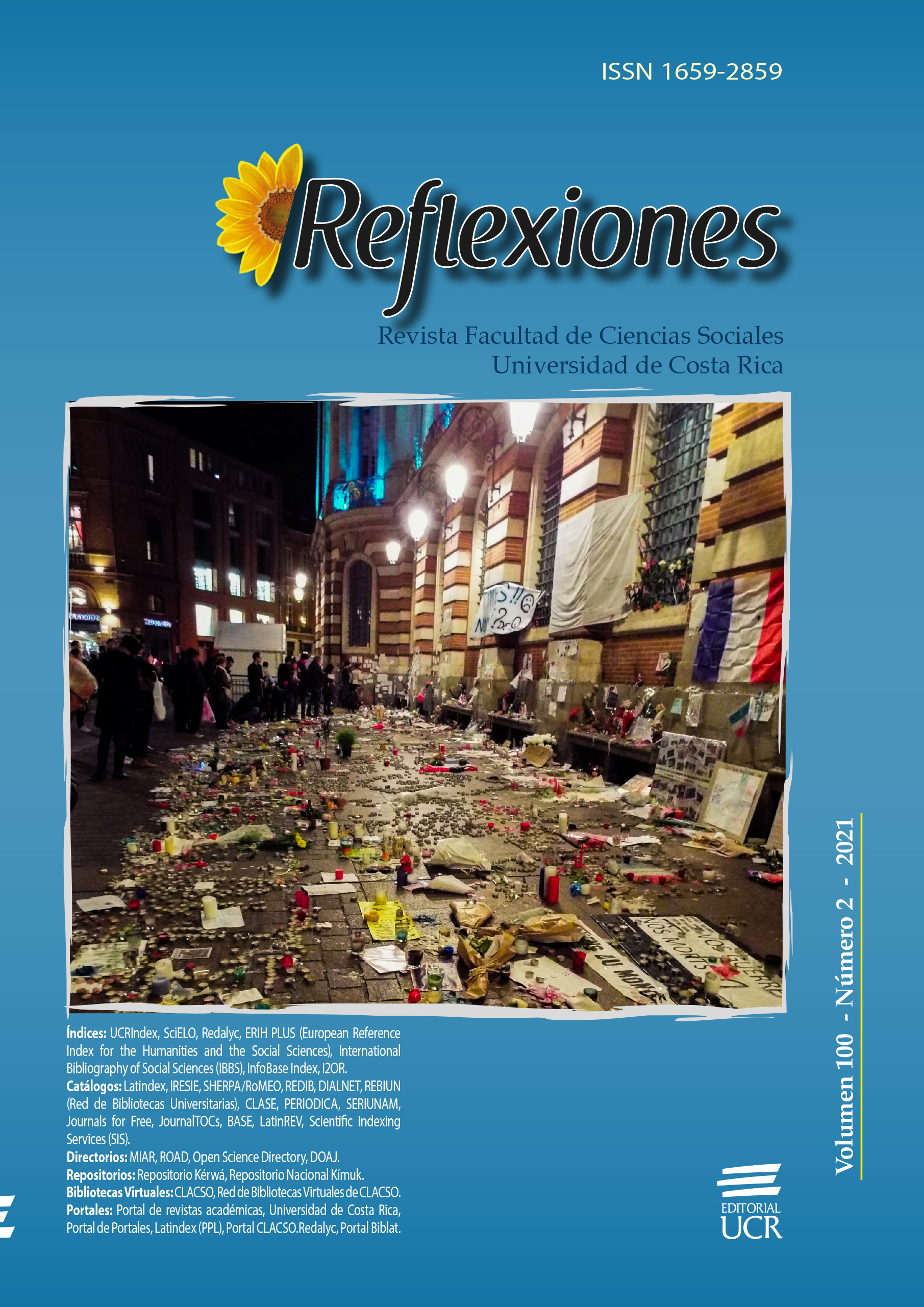Abstract
Introduction
Research has shown that the profile of tourists with special abilities seeks tourist destinations with accessible and inclusive services and infrastructure; however, many areas such as the one under study do not meet all these requirements.
Objective
Knowing the needs and desires of a person with special abilities, to help strengthen and adequately plan tourist destinations
Method
The nature of the research is qualitative and quantitative, which allowed us to quantify and analyze the results obtained through a survey.
Result
The results of the research were that people with special needs would be willing to develop tourism in natural areas such as Yacuri National Park, as long as they have both the ideal conditions of accessibility and the necessary requirements to develop tourism: accessible bathrooms, lodging services, food services, transportation, and recreational and leisure activities.
Conclusion
Research on the profile of tourists with special abilities is strategic for public policy to build actions and consider projects for the implementation of services and infrastructure in natural areas, thus reducing inequality gaps.
References
Minutos. 2016. «El perfil del turista con alguna discapacidad: dos viajes al año, por España y gastando más», acceso el 23 de Septiembre de 2016, https://www.20minutos.es/noticia/2845427/0/turista-con-discapacidad-dos-viajes-ano-espana-mas-gasto/?autoref=true.
Brinckmann, Wanderléia Elizabeth, y Jairo Sidnei Wildgen. 2003. «Desafíos para los estudios de turismo: La construcción de la sociedad inclusiva y del turismo accesible.» Cuadernos De Turismo 11: 41-58.
Clemente Soler, Juan Antonio , Marcos Bote Díaz, y Pedro Sánchez Vera. 2018. «El turismo social accesible como nuevo modelo turístico.» Cuadernos De Turismo 41: 139-159.
Domínguez Vila, Trinidad , José Antonio Fraiz Brea, y María Elisa Alén González. 2011. «Turismo y accesibilidad. Una visión global sobre la situación de España.» Cuadernos De Turismo 28: 23-45.
Guerrero Palma, Pamela Carolina. 2018. «¿Cómo medir la accesibilidad turística? Importancia de los sistemas de indicadores para validar destinos turísticos accesibles.» Tierra Infinita 4 (1): 106-118.
Lopez Brunett, Ana Luisa , y Hillary Zuley Luna Vergara. 2017. «Turismo accesible en el Ecuador.» Innova 2 (7): 196-198.
Malucín Tuárez, Williams , Angie Carrión Bravo, y Evelyn García Vera. 2019. «Turismo accesible para personas con discapacidad física. Caso: cantón Salinas.» Revista Científica y Tecnológica UPSE 6 (1): 55-65.
Millán, Escriche, Mercedes. 2010. «Turismo accesible/Turismo para todos, un derecho ante la discapacidad.» Gran Tour: Revista de Investigaciones Turísticas 2: 101-126.
Ministerio de Salud Publica del Ecuador. 2018. «Calificación de la Discapacidad Manual 2018.» acceso el 3 de Mayo de 2018, htt://salud.gob.ec.
Molina Hoyo, Mónica , y Gemma Cánoves Valiente. 2010. «Turismo accesible, turismo para todos: La situación en Catalunya y España.» Cuadernos de Turismo 25: 25-44.
Organización Mundial del Turismo. 2016. «Día Mundial del Turismo, 2016 Turismo para todos: promover la accesibilidad universal» Buenas prácticas en la cadena de valor del turismo accesible. Madrid: UNWTO.
Pelegrín Entenza, Norberto , Yurisley Toledo Leal, y María Naranjo Llupart. 2017. «Retos y realidades a enfrentar para una educación turística inclusiva.» Revista Electronica Cooperación Universidad Sociedad RECUS 2 (1) (abril): 9-14.
Rovira Veleta, Enrique, ed. 2009. Realización del Libro "Personas, Dependencia, Calidad de vida y Nuevas tecnologías". Barecelona.
Sánchez Ruiz, Jefferson , Rubén Román Aguirre, Andrea Torres Sánchez, y Maruxi Loarte Tene. 2019. «Inserción laboral y desarrollo profesional de las personas con discapacidades en empresas turísticas de la ciudad de Loja.» Universidad Y Sociedad 11 (5): 201-205.
Sanchez Ruiz, Jefferson, Jhohana Larrea Silva, y Sheila Coronel Lopez. 2019. «The attractions and tourist services of theVillonaco wind power station of the city of Loja, for the development of inclusive tourism. Journal of Asia Pacific Studies.» Journal of Asia Pacific Studies 5 (3): 671–687.
Sanchez Ruiz, Jefferson, Maruxi Loarte Tene, y Danilo Caisachana Torres. 2020. «Turismo accesible e inclusivo en el Ecuador, frente al turismo accesible en otros países.» Universidad y Sociedad 12 (1): 225-231.
Tite Cunalata, Gabriel , Migdely Barbarita Ochoa Ávila, Osvaldo Batista Pérez, y Diego Andrés Carrillo Rosero. 2019. «Turismo accesible en Ecuador: Caso bienestar ambietal Pelileo.» Ciencias Holguín: 59-64.


